Introduction The human brain, often heralded as the most complex organ, serves as the command center of our thoughts, emotions, and actions. Have you ever wondered why people have diverse reactions to similar experiences? Or why some of us remember things better as we age while others find it increasingly challenging? The key may lie […]
Tag: Cognitive psychology

Peering into the Mind’s Eye: Unveiling the Truth about Attention Dynamics
Introduction: Captivated by the Mind’s Wandering Imagine trying to stay focused on reading a good book, while your mind incessantly dashes to unrelated thoughts, from tomorrow’s errands to memories of last summer’s vacation. This battle for attention isn’t just your reality but a shared human experience. Our minds are constantly pulling patterns to decide where […]
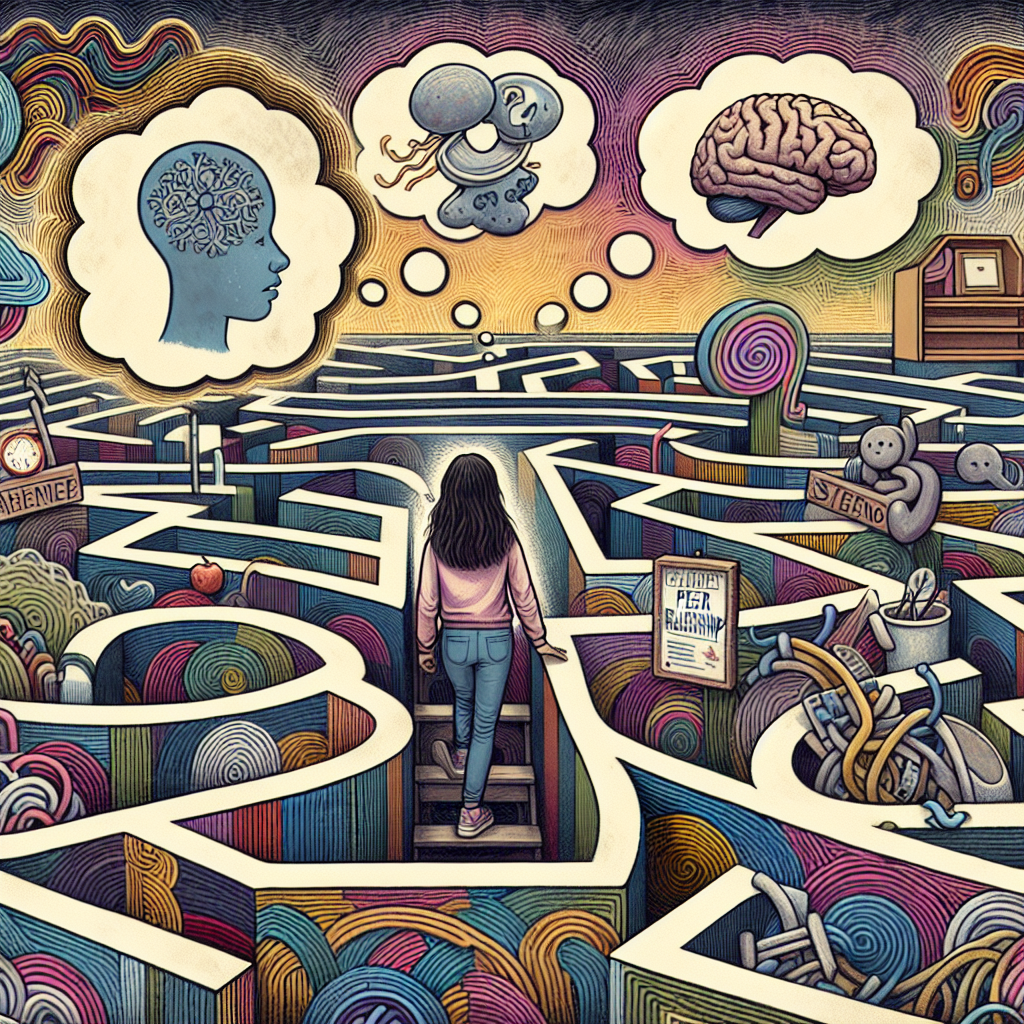
Navigating the Friendship Maze: Unveiling the Challenges of Peer Relationships for Girls with ADHD**
Introduction: Walking in Their Shoes Imagine being at a playground full of laughter, yet feeling like you’re on the outside looking in—this might be the daily experience for many girls with ADHD. While they may be bright, lively, and eager to build friendships, these girls often find themselves facing what can feel like an invisible […]
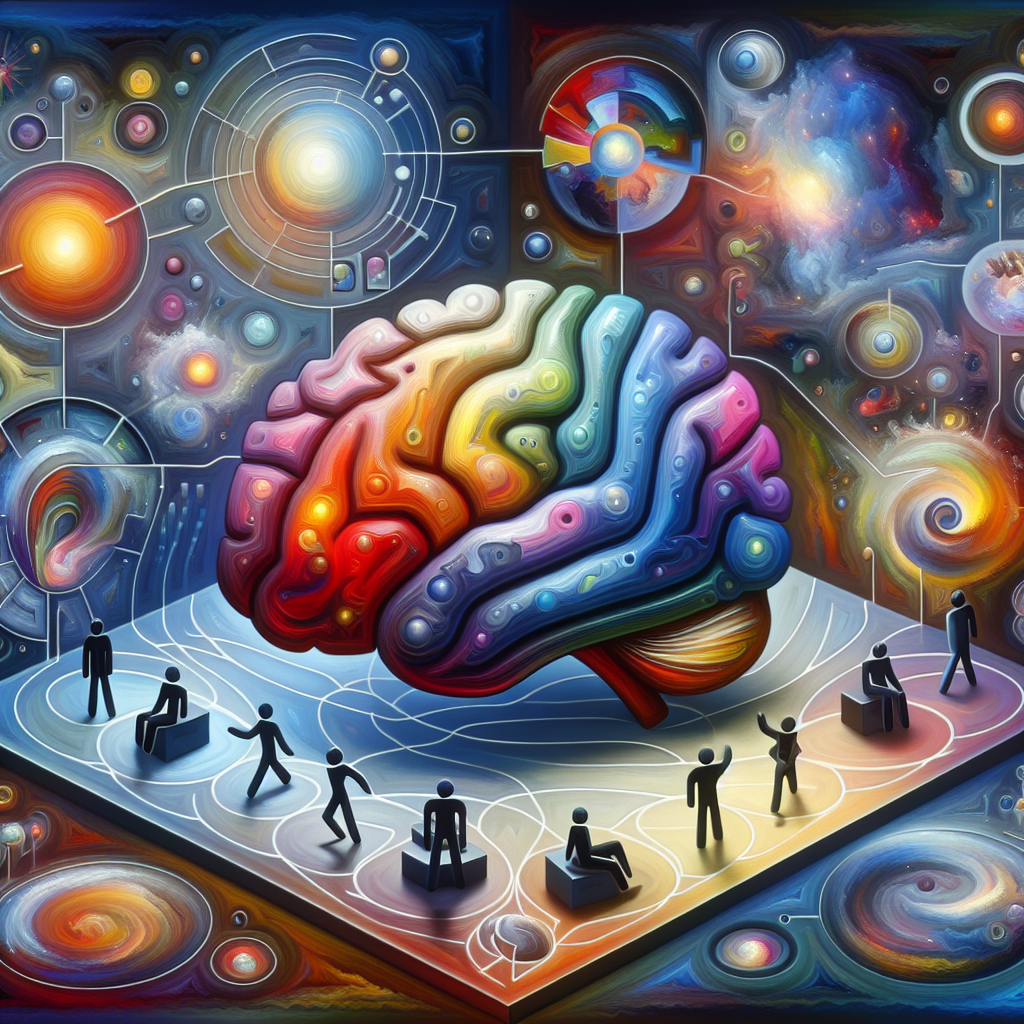
Laughing in Contrast: How Our Brains Process Irony
Introduction: The Art of Saying One Thing and Meaning Another Have you ever heard someone say one thing but mean another, wrapped it in a joke, or nodded knowingly when others burst into laughter after a cleverly timed remark? If you’ve answered yes, then you’ve danced with verbal irony, a figure of speech that adds […]
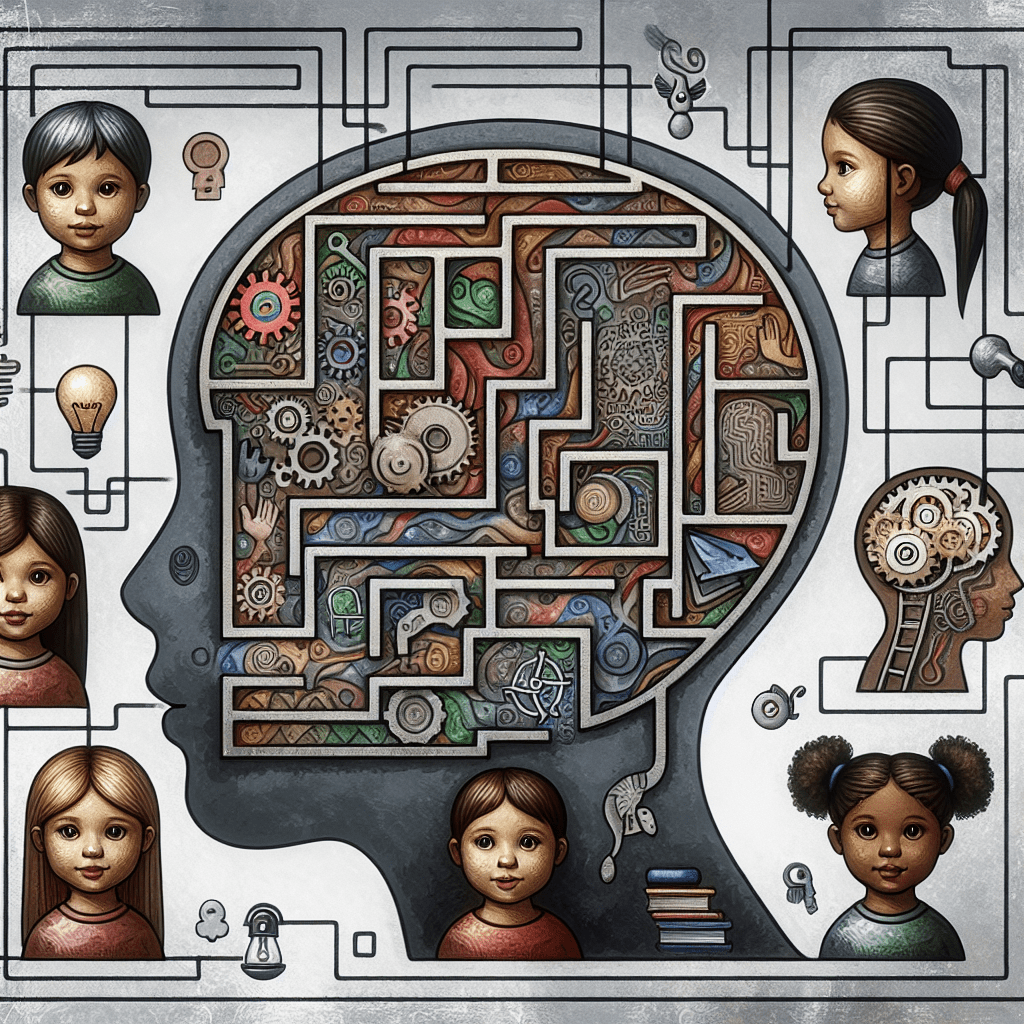
Navigating the Silent Struggles: Exploring the Quality of Life in Children with Language Impairments
Introduction: Unveiling the Hidden Battles of Language Impairments Imagine a world where your thoughts and feelings are trapped, unable to find their expression. You strain to put your ideas into words, but they stumble before they escape. For many children with Specific Language Impairment (SLI), this challenge is a reality that can shape their entire […]
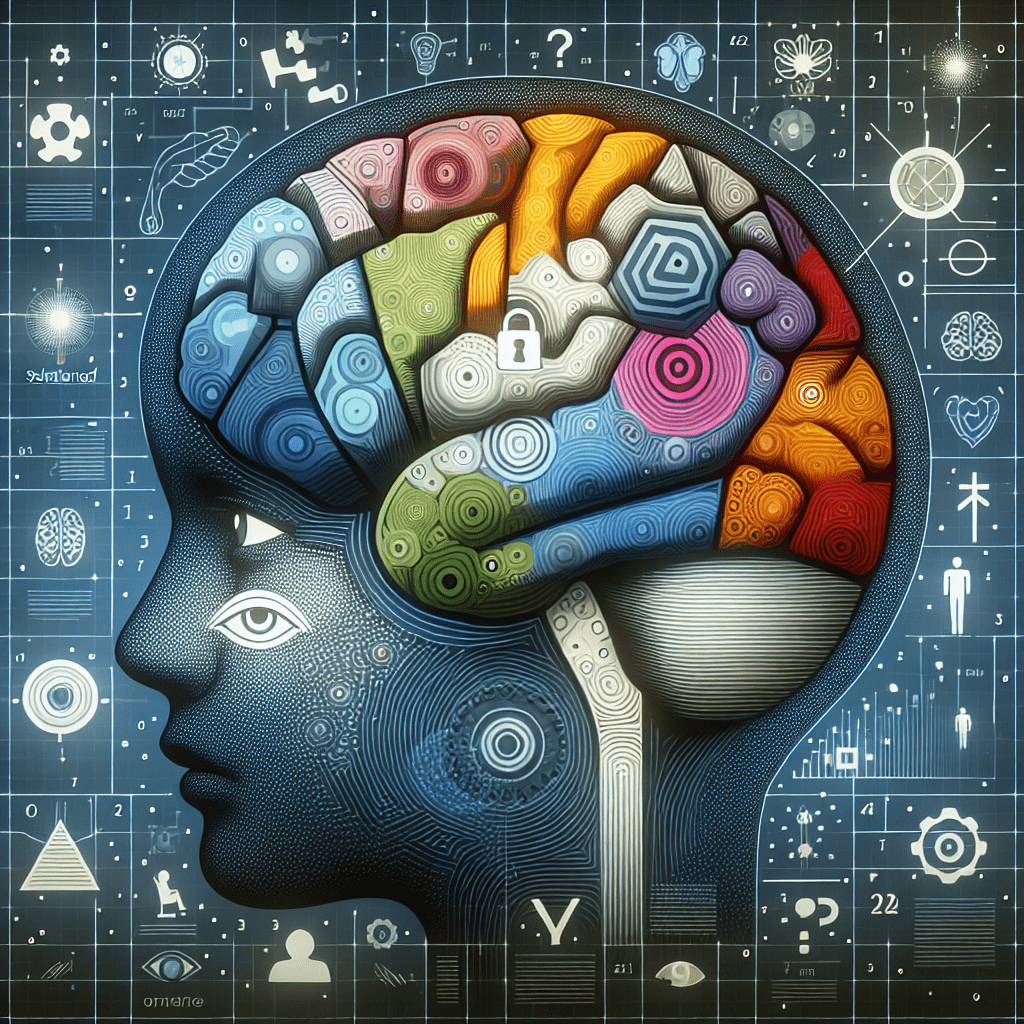
The Lasting Impact of Childhood Trauma on Brain Function: Unveiling Insights into Sustained Attention
Introduction Picture yourself as a child, curious and vibrant, but shadowed by a world marked with trauma. How might this affect your ability to focus, to think clearly, or to process emotions as you grow? Our minds, fascinatingly complex, hold the scars of our past, impacting how we navigate the present. The research paper, ‘Neurofunctional […]
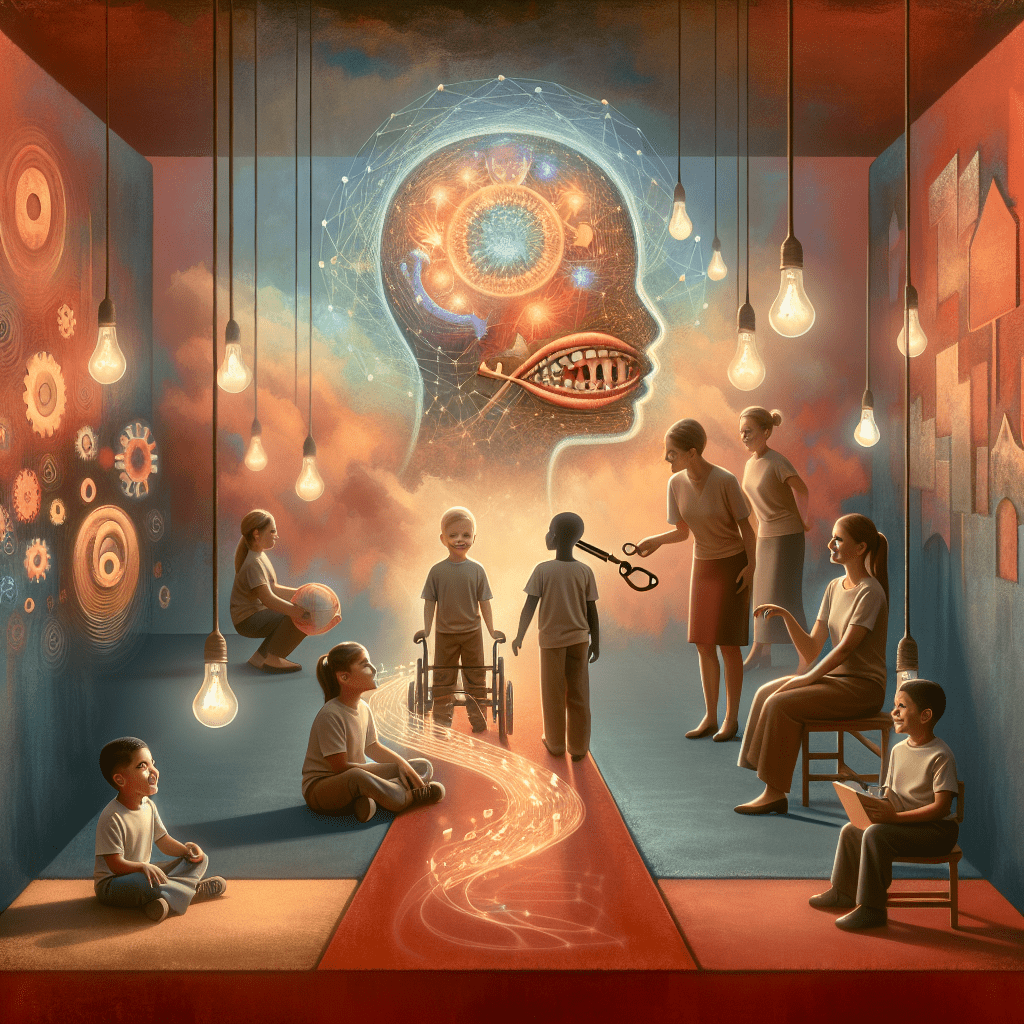
Tuning Minds: How a Novel Speech Therapy is Helping Children with Autism Find Their Voice
Introduction Imagine navigating a world where your inner voice is forever silent, your thoughts trapped, unable to dance freely in conversation. Such is the reality for many minimally verbal children with autism, whose boundless thoughts and ideas remain largely unexpressed. Harnessing the potential of communication is not just about words; it’s about unlocking pathways to […]
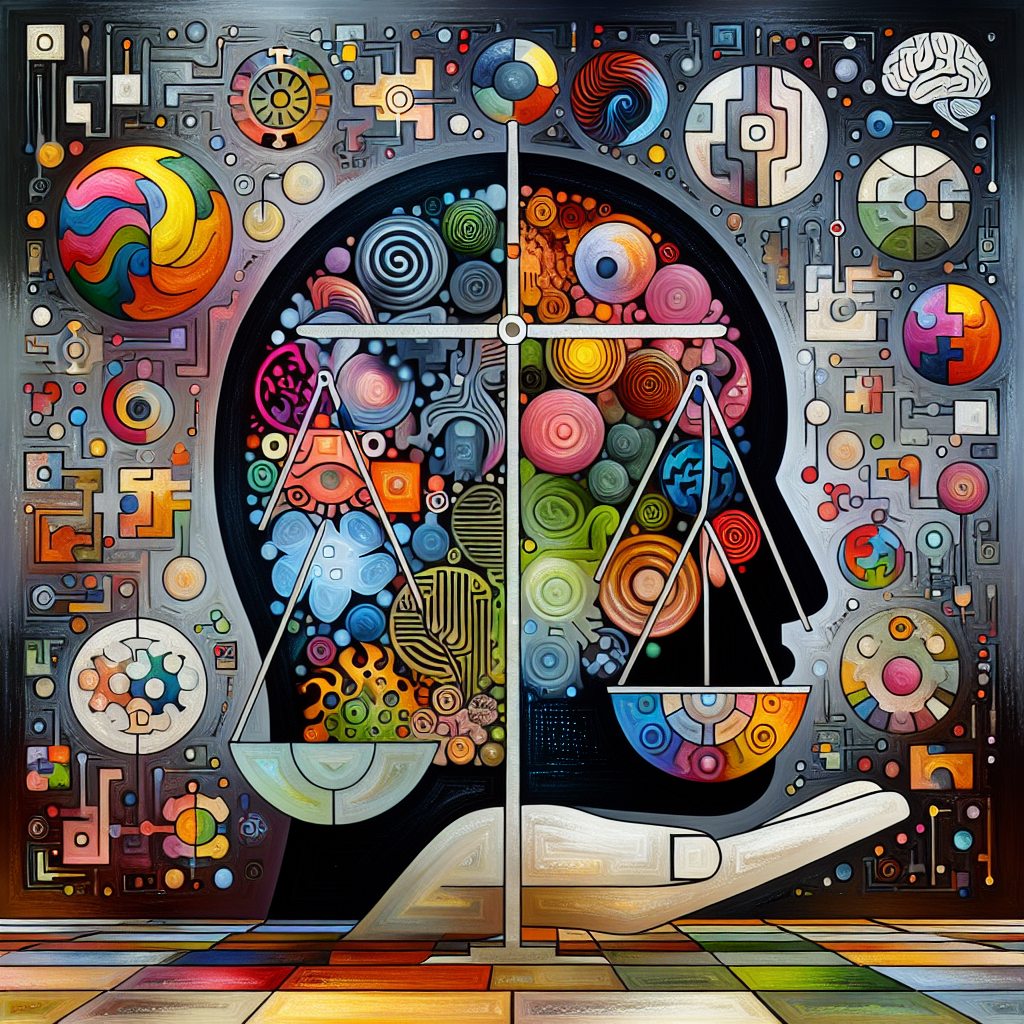
Cracking the Code of Sensory Imbalance in Autism
Introduction Imagine living in a world where the faintest buzzing noise or the prickliest fabric is overwhelming. This heightened sensory experience is the reality for many individuals with autism. The research paper ‘Identification of Biomarkers of Impaired Sensory Profiles among Autistic Patients’ takes us on a scientific journey to uncover some key elements contributing to […]

Bridging the Attention Gap: How Gender Equality Enhances Focus Across Nations
Introduction In a world teeming with distractions, the ability to focus intently over time is a powerful asset. Yet, did you know that your capacity to maintain sustained attention might be influenced by your gender and, intriguingly, by the degree of gender equality in your country? This captivating interplay between psychology, gender, and sociology uncovers […]

Unmasking the Mind’s Portrait – A Journey into Face and Object Recognition
Introduction: Faces, Objects, and Hidden Connections Imagine going through life unable to recognize the faces of your family or friends, each encounter with a familiar person becoming a puzzle. This is not just the stuff of science fiction; it is a reality for individuals with a condition known as developmental prosopagnosia, a hidden world where […]
